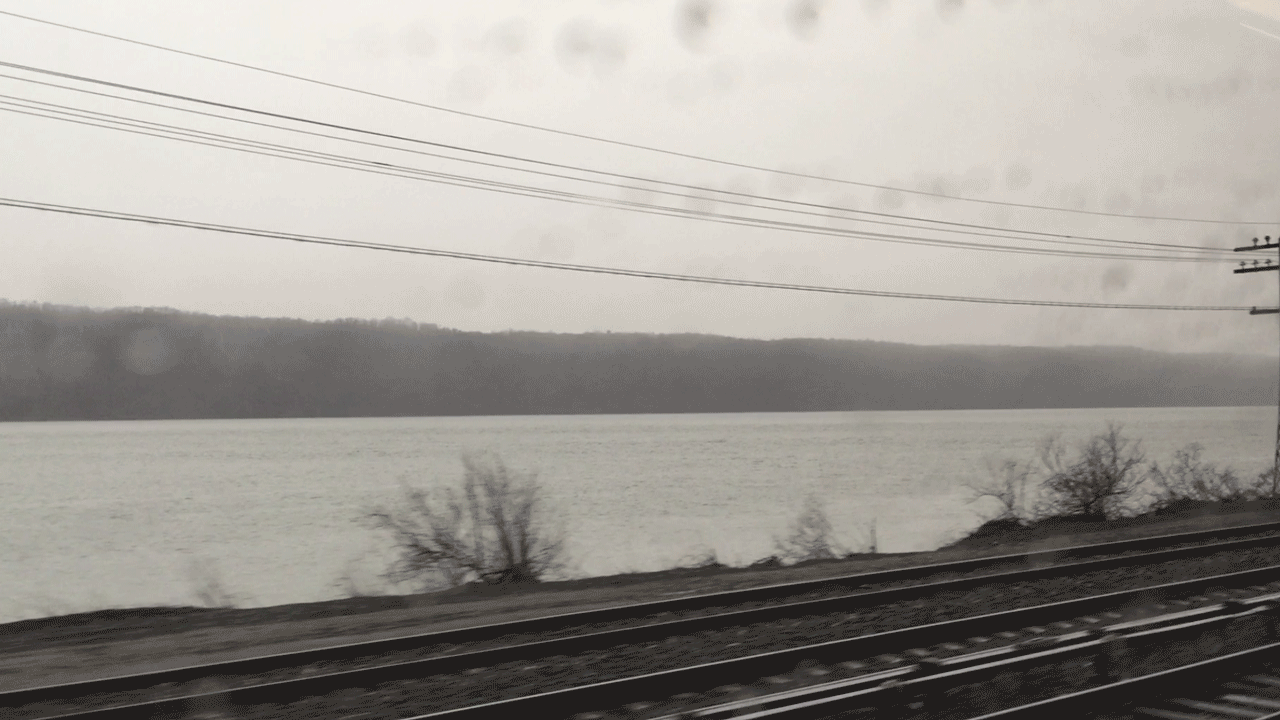Web Platform & Toolkit // Oral History Archive // Incorrigibles Book // Research
Incorrigibles speaks with women or relatives of women who were incarcerated at detention centers during their youth. The following accounts focus on experiences from the New York State Training School for Girls in Hudson, New York, throughout the 1900s. These four-to-five-minute stories are excerpts edited from longer conversations.
Cynthia’s Story
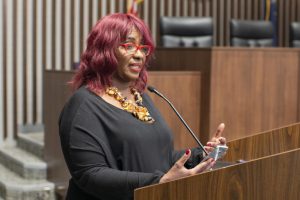 “Most of my girls had drug and alcohol addictions, sexual molestation, anger issues, self-mutilation. They came from homes where there were drug addict parents, car thieves, violences.”
“Most of my girls had drug and alcohol addictions, sexual molestation, anger issues, self-mutilation. They came from homes where there were drug addict parents, car thieves, violences.”
Cynthia’s experience at the New York Training School for Girls lead her to become a more compassionate individual who sees the potential in all people, no matter how dire their situation.
***
Marie’s Story
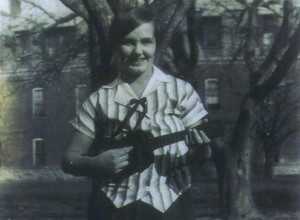
“[Cecil] said, well you were lucky you
didn’t get sent where I was…at least you
had foster homes. I said ‘FOSTER HOMES?’
you think they were any better than what
you went through?”
– Marie P
Marie shares how her mother, Cecil, was sent to the Training School in the 1920s after being abandoned by her mother when she was five years old. Neglect and abandonment have impacted Marie’s family across three generations, but she can now say that she has broken that cycle.
***
Liz’s Story
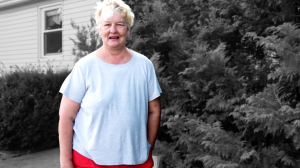
“We were there because nobody
wanted us, so our common bond was
we felt rejected. I ran away from
Hudson Training School four times.”
– Liz S
Above all else, Liz wanted her story to reach young girls involved in the criminal legal system and give them hope for the future. She was eight when she was first sent to a foster home and twelve years old when she was sent to the Training School in the early 1970s. Unfortunately, Liz passed away in the spring of 2017.
***
Sharon’s Story
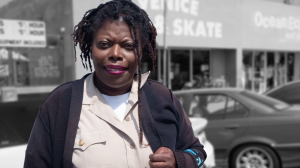
“We got sent to isolation, and isolation
for me was horrible. They had the lights
on. You were in a locked up room. The
walls were padded. I was told the next
time I got in trouble it wouldn’t be
reformatory school. It would be jail.”
– Sharon A
***
Ona’s Story
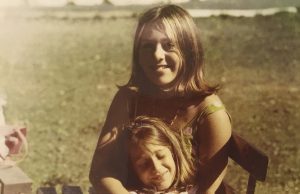 “They said she was wild, that was how
“They said she was wild, that was how
they interpreted it. They didn’t look at
the way she was treated within the family.
And I witnessed a lot; there was a real lack
of compassion for her, especially coming
from my mother. I now understand that
she really had a reason to run away.”
– Ona G
Ona Gritz talks about her older sister, Andra, who was sent away to the Training School when she was about 12 years old in the 1970s. As a child, Andra consistently got in trouble for running away, smoking, and “running with the guys.”
Michelle’s Story
“I guess the whole model and concept [at the Training School], was that if we were involved in all those [household] activities, those would be the way that we would be made whole… that we would get what we needed, so that when we went home, we were different. But I don’t think that was all that we needed.”
Michelle grew up in Mt. Vernon, New York, with her five siblings and her often-absent mother. After getting in trouble for running away from home, shoplifting, and “being out of control,” Michelle was sent to Woodfield Cottage in Westchester County. She was later sent to the Training School for being “oppositional” and “defiant” at age 13. She was sent to the Training School once again, two years later.

